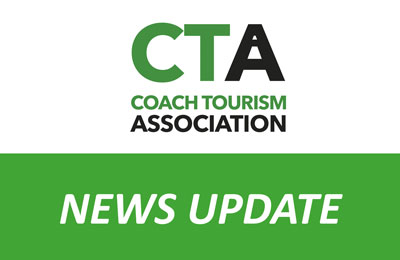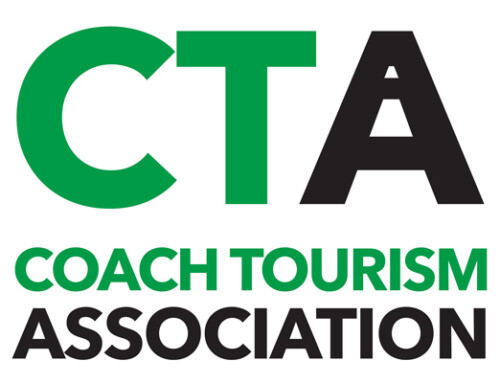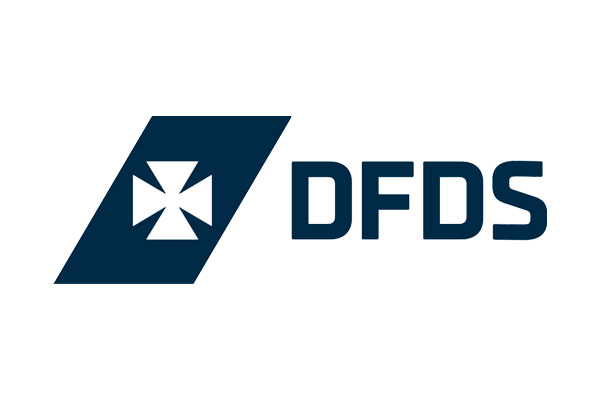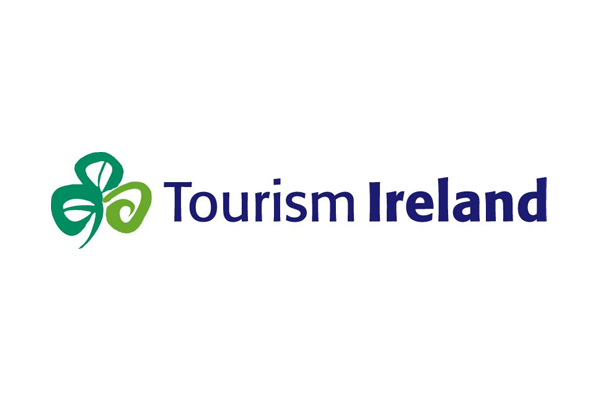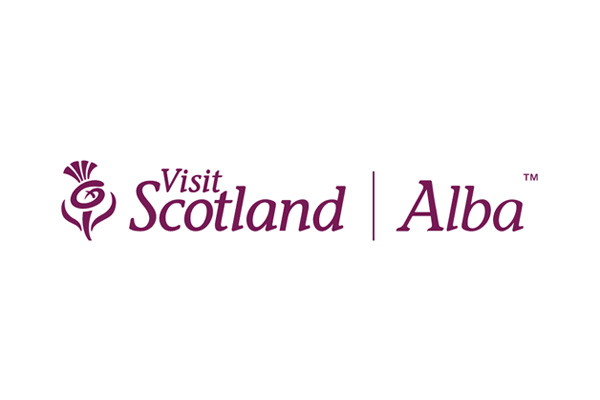COVID-19 Updates – week commencing 18/01/21
More updates of developments from the government and various links to interpretation and guidance.
Go to date:
18 January 2021 …
Tourism Alliance updates:
Local Restrictions Support Grant (Closed) Addendum: 5 January onwards
-
- The payment period is initially extended to 42 days from 5 January 2021 rather than the 14-day payment cycle in tiers. Local Authorities have been asked to provide the funding as soon as the receive it rather than waiting to the end of the 42 day period (ie., it will not be paid in arrears). After the 42 day period, any future payment period will be reviewed.
- Businesses that are eligible are those that have been mandated to close by Government and include non-essential retail, leisure, personal care, sports facilities and hospitality businesses. You can reference these in the legislation https://www.legislation.gov.uk/uksi/2020/1374/schedule/3A or the lockdown guidance https://www.gov.uk/guidance/national-lockdown-stay-at-home#businesses-and-venues
- The Local Restrictions Support Grant (Closed) Addendum: Tier 4 (Open) and (Sector) and (Closed) now cease to apply, although applications can still be made for eligible periods before national restrictions.
- Businesses supported through LRSG (Sector) will be eligible for funding under the LRSG (Closed) Addendum: 5 January onwards during national restrictions, for example nightclubs and sexual entertainment venues.
-
- The following thresholds apply to LRSG (Closed) Addendum: 5 January onwards:
- Businesses occupying hereditaments appearing on the local rating list with a rateable value of exactly £15,000 or under on the date of the commencement of the widespread national restrictions will receive a payment of £2,001 per 42-day qualifying restriction period.
- Businesses occupying hereditaments appearing on the local rating list with a rateable value over £15,000 and less than £51,000 on the date of the commencement of the widespread national restrictions will receive a payment of £3,000 per 42-day qualifying restriction period.
- Businesses occupying hereditaments appearing on the local rating list with a rateable value of exactly £51,000 or above on the commencement date of the widespread national restrictions, will receive £4,500 per 42-day qualifying restriction period.
Closed Businesses Lockdown Payment
-
- Businesses excluded from both these grants include:
- Businesses that are able to conduct their main service because they do not depend on providing direct in-person services from premises and can operate their services effectively remotely (e.g. accountants, solicitors).
- Businesses in areas outside the scope of the national restrictions, as defined by Government, are also excluded. 51. Businesses that have chosen to close but not been required to will not be eligible for this grant.
- Eligibility for the CBLP is the same as the LRSG (Closed) Addendum: 5 January onwards scheme. Businesses that are eligible are those that have been mandated to close by Government and include non-essential retail, leisure, personal care, sports facilities and hospitality businesses.
- The scheme will close for applications on 31 March 2021, but it is expected Local Authorities will identify and pay all relevant businesses as soon as possible once the funding is received.
- The scheme will close on 30 April 2021, so final payments will need to be made by this date.
- The following funding thresholds apply to the Closed Businesses Lockdown Payment:
- Businesses excluded from both these grants include:
- Businesses occupying hereditaments appearing on the local rating list with a rateable value of exactly £15,000 or under on the date of the commencement of the widespread national restrictions will receive a payment of £4,000.
- Businesses occupying hereditaments appearing on the local rating list with a rateable value over £15,000 and less than £51,000 on the date of the commencement of the widespread national restrictions will receive a payment of £6,000.
- On the Closed Businesses Lockdown Payment: Businesses occupying hereditaments appearing on the local rating list with a rateable value of exactly £51,000 or above on the date of the commencement of the widespread national restrictions will receive a payment of £9,000
- Also
- There is NO need for Councils to run two separate application processes. For example, a business with a rateable value of exactly £15,000 will receive one payment of £6,001 (£2,001 LRSG (Closed) Addendum and £4,000 CBLP
- Local Authorities will also receive a £500 million top up to the ARG and this can be used to support businesses that are adversely impacted but not eligible under the LRSG (Closed) Addendum: 5 January onwards or the Closed Businesses Lockdown Payment
VAT Research Results
Thank you to everyone that participated in the VAT Survey that we sent out just before Xmas. The Cut Tourism VAT campaign has analysed the results and the findings provide strong evidence that the reduction in VAT for hospitality and attractions has been invaluable in supporting businesses and protecting jobs in the sector. The key findings are:
-
- More than 9 out of 10 respondents said that the VAT cut in July 2020 was ‘important’, ‘very important’ or ‘crucial’ to their business; over 75% said that they might not have been able to continue trading without it.
- Most businesses used some of the VAT reduction to meet the additional costs of Covid-19 health & safety compliance. The next most important uses made of the cut were to pay wages and suppliers.
- If the VAT rate reverts to 20% from April 2021, the overwhelming majority of businesses responded that it would lead to further cut-backs and job losses. Nearly 5% of operators said that they might be forced to close. A fifth of respondents said it would force them to cut over 20% of their workforce and a further 44% said it would force workforce cuts of between 5% and 20%. These responses suggest that a further 310,000 jobs could be lost in addition to those already lost by December 2020.
- If the VAT cut were to continue beyond March 2021, most operators would use it to continue to meet additional costs of Covid-19 compliance, but also to rebuild their businesses through investment and price reductions.
- Respondents were asked to comment on how their attitude to investment might change if VAT were to be 5% indefinitely. Over 80% did so, with nearly all comments indicating a very strong positive impact on confidence and investment. This supports a previous research finding of the CTV Campaign that temporary VAT reductions have limited impact on investment, while longer term reductions provide a much greater incentive to invest.
- Half of those businesses not currently VAT-registered responded that continued VAT at 5% would remove a significant constraint on business growth, and some would then register for VAT, potentially boosting sector productivity and the size of the VAT tax base.
Attached is a copy of the Report, accompanying infographic and press release
Welsh Economic Resilience Fund Opens Today
The Welsh Government has opened its ERF scheme to applications. This is a grant to provide emergency financial assistance to businesses and their employees (primarily in the hospitality, leisure and tourism sectors including supply chains) where businesses have been forced to close or have been materially affected by restrictions that was announced on 30th November 2020 and commenced on 4th December 2020
Here is a link to the guidance notes that explains who is eligible and the maximum grant that businesses of different sizes can apply for:
And here is the link to the eligibility checker:
https://fundchecker.businesswales.gov.wales/sectorspecificgrant/
Workplace Testing
The government is planning on rolling out a programme of mass testing for those that must leave home to go to work during the national lockdown. This will comprise government funded (until 31 March) twice weekly lateral flow testing to all those who have to leave their home to work during the national lockdown, not just critical workers. This will likely be offered in three ways:
-
- through employers-for organisations with over 250 employees
- through community testing-for the self-employed and those in organisations with less than 250 people;
- potential at home testing-for those who are harder to reach (such as those on zero hours contracts).
To support the Department for Health and Social Care to plan the operational elements of this rollout, including how many tests are needed, and where testing sites need to be set up, DCMS is asking trade associations the following questions:
1. The names of companies that would like to participate in this scheme and if they already have testing schemes within their organisations.
2. The number of people that require tests (not working from home).
3. The geographical locations of these organisations.
4. Prioritisation.
-
- Is this a key/critical worker?
- Are they working on critical national infrastructure for example?
- Do they already have a testing scheme in place?
- Are they interacting with many people while working?
If workplace testing is needed by your members, can you please respond to Pak Ling Wan at DCMS pakling.wan@dcms.gov.uk by letting him know answers to these questions. The deadline for this is Tuesday 19 January so that he can feed into the DHSC’s planning.
Supreme Court Decision on Business Interruption Insurance
The big new of the day is that the Supreme Court has published it’s ruling on whether an sample of 21 standard business interruption insurance policies covered businesses that were impacted by the Coronavirus outbreak.
This follows the High Court’s judgment last September said that most of the disease clauses and certain prevention of access clauses (12 policy types from the sample of 21, issued by six insurers) provide cover and that the pandemic and the Government and public response caused the business interruption losses. The six insurers appealed those conclusions for 11 of the policy types, but the Supreme Court has dismissed those appeals, for different reasons from those of the High Court.
On the FCA’s appeal, the Supreme Court today ruled that cover may be available for partial closure of premises (as well as full closure) and for mandatory closure orders that were not legally binding; that valid claims should not be reduced because the loss would have resulted in any event from the pandemic; and that two additional policy types from insurer QBE provide cover. This will mean that more policyholders will have valid claims and some pay-outs will be higher.
The judgment brings to an end legal arguments under 14 types of policy issued by six insurers, and a substantial number of similar policies in the wider market which will now lead to claims being successful. The FCA and Defendant insurers are now working with the Supreme Court to enable the Court to issue its declarations.
The FCA will publish a set of Q&As for policyholders to assist them and their advisers in understanding the test case. The FCA will also publish a list of BI policy types that potentially respond to the pandemic based on data that we will be gathering from insurers. The FCA has published draft guidance for policyholders on how to prove the presence of coronavirus, which is a condition in certain types of policy. The consultation closes on 18 January, but the FCA is extending the closing date to 22 January only for any supplemental comments arising from the judgment. The FCA will issue finalised guidance as soon as possible after that.
Here’s a summary version of the ruling
Budget Submission
The Tourism Alliance sent in it’s Budget submission to HM Treasury. This concentrated on increased and ongoing support for the sector both to ensure that businesses survive until they reopen and initiatives aimed to boost demand and therefore repair businesses balance sheets as soon as possible including extending the VAT reduction, waiving APD, providing support for marketing campaigns through VisitBritain. The GREAT campaign and DMOs. A copy of the submission can be found on the attached link.
https://www.tourismalliance.com/details.cfm?id=414&p=nw
19 January 2021 …
Tourism Alliance updates:
Updated Advice For UK Visa Applicants and Temporary UK Residents
The Home Office has updated its guidance for people intending to stay in the UK. Normally they would be required to return to their home country to make an application but, because of coronavirus, they can now submit an application form from within the UK. They will still need to meet the requirements of the route you’re applying for and pay the UK application fee.
If they are switching into work or study routes, they may be able to commence work or study whilst their application is under consideration, depending on the terms of their current permission. They are also able to apply for leave to remain to regularise their stay if they have been issued with ‘exceptional assurance’ provided that they submit their application before the expiry of their ‘exceptional assurance’.
Updated List of Jobs that Quality for Travel Restriction Exemptions
The Government has removed eight job categories that were exemption from the travel restriction rules. Of relevance to the tourism industry is the removal of:
-
- business directors bringing jobs and investment to the UK
- journalists (this will impact fam trips)
- performing arts professionals
- television and film production (for places that are being used as sets)
- ornamental horticulture workers (for stately homes and outdoor attractions)
Regional CBIL and Bounce Back Support
The Government has produced regional figures for number and value of CBIL and Bounce Back loans on a regional basis.
